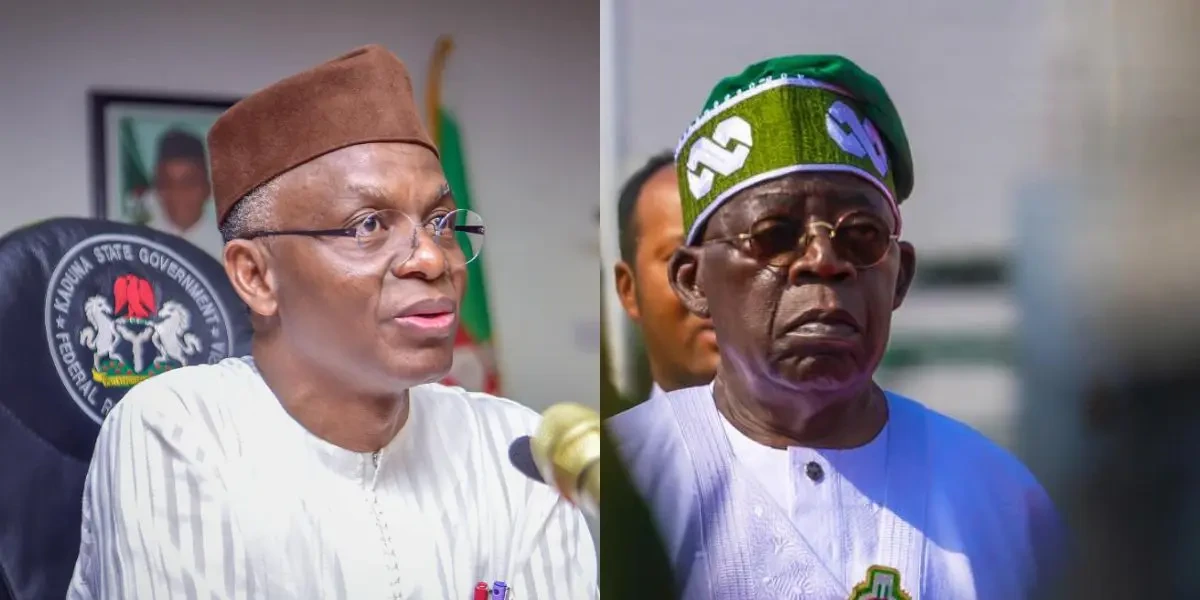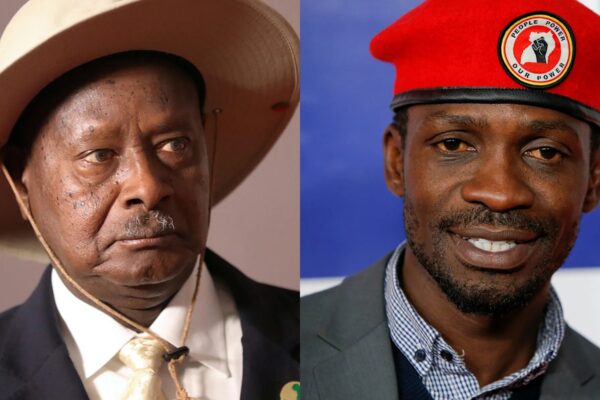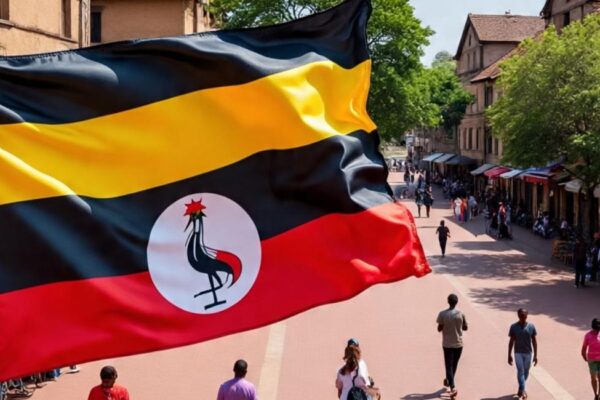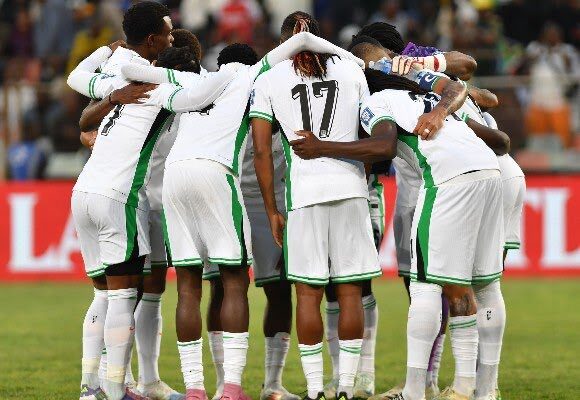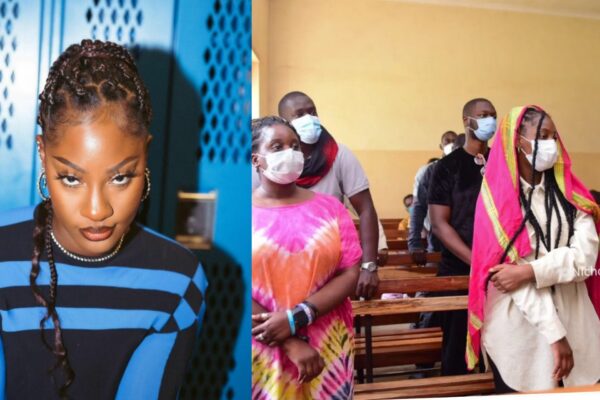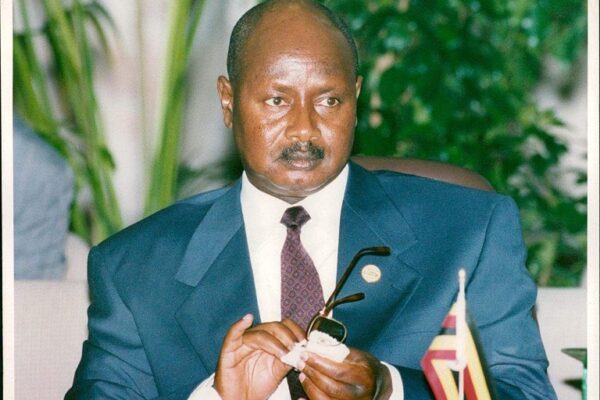Nigeria and Uganda clash on Tuesday evening in a match tendered on different perspectives for both teams as three-time champions Nigeria conclude their group phase account at the ongoing 35th Africa Cup of Nations finals in Morocco. The Cranes, eternal difficult jobs for the Super Eagles since their first meeting in an AFCON semi-final duel in Kumasi 47 years ago, need a win to stand any chance of enjoying the cold climate of Morocco beyond Tuesday evening, while the Super Eagles, already qualified for the Round of 16 no matter the tremor anywhere on the park, need a draw simply to assure top-table finish in Group C. Veteran goal-tender Denis Onyango and team-mates have themselves to blame for being stuck on one point to the final day of the group phase. After the expected manhandling by Tunisia, and falling behind to Tanzania in their second match, Nigeria-descent Uche Ikpeazu rose from the bench to give them an equalizer against the Taifa Stars. The game fell into their hands to pick up the three points, but Allan Okelo blasted the ball away from goal from a penalty kick. The only route left for them is to put a sword through the Eagles. With the Nigerians intent on sustaining a winning mentality, determined to maintain their great form and put fear into the hearts of other possible contenders for the trophy, that is unlikely to happen. Nigeria’s prolific goalscorer Victor Osimhen has netted only once in this tournament, but the man who succeeded him as Africa Player of the Year (and who teamed up with him to create a Super Eagles’ terror attack at the last competition in Cote d’Ivoire), Ademola Lookman, has again opted to take Africa’s biggest football championship by storm. Lookman has netted two goals this term (adding to his three from the 2023 finals), and has made two assists (adding to one from last term). He looks like a man-on-a-mission. His goals have been unstoppable left-footed missiles. Another big hurdle the Cranes will have to deal with is that Osimhen, now on 32 goals in 48 matches for Nigeria, is committed to presenting himself a special birthday gift, having turned 27 on Monday. Such a man (and being Osimhen in this case) will be difficult to contain. In addition, Nigeria’s midfield has come into its own, with Wilfred Ndidi playing a true captain’s game in the Eagles’ first two matches, and Alex Iwobi simply magnificent. Frank Onyeka reminded all of his abilities when he starred against the Tunisians, and there are still Raphael Onyedika and Tochukwu Nnadi yet to be tested. Nigeria is the country with the most appearances in the AFCON knockout rounds in history, having done so here for the 19th time, and the victory over Tunisia was the Eagles’ 35th group-stage win in the history of the competition. Nigeria have lost only one of their last 16 AFCON group-stage games – defeat to Madagascar in Egypt after they already qualified for the Round of 16. Uganda will look to the history of contests between both nations and be hopeful. In eight previous encounters, the Cranes have lost only twice, winning four times, with the other two games ending in a draw. Five of the matches have been competitive, and Ugandans cannot forget how their star forward Philip Omondi scored the winner to ensure a 2-1 defeat for Nigeria in the 1978 AFCON semi-finals. Uganda have won two of the three international friendly matches, with the other ending in a draw. Uganda have progressed beyond the AFCON group stage only twice previously, in 1978 in Ghana and 2019 in Egypt. Ikpeazu will probably start as Belgian tactician Paul Put throws his aces up from the get-go. There are also James Bogere, who earned the Cranes a second penalty against Tanzania, Okello and Denis Omedi, who scored against Tunisia and assisted the equalizer against Tanzania on Sunday. Nigeria, now on 149 goals in 106 AFCON matches, will aim for a milestone 150th goal, and more, when the game commences at the Complexe Sportif de Fès at 5pm on Tuesday. At his pre-match press briefing on Monday, Coach Eric Chelle said: “The competition is not only for the starting 11; everybody deserves a chance to play and show what they can offer the team. Sometimes a player who makes a cameo appearance can change the outcome of games and even win a tournament. For me, I want to present the best team every time.” Captain Ndidi: “The atmosphere in the team is good. Everyone is excited and confident, but the previous games are in the past. The focus is one the next game.” SUPER EAGLES, CRANES IN HISTORY 14 Mar 1978: Uganda 2-1 Nigeria (AFCON semi: Kumasi) 26 Sep 1981: Nigeria 0-1 Uganda (Friendly: Lagos) 29 Aug 1992: Nigeria 2-0 Uganda (AFCONq: Lagos) 17 Jul 1993: Uganda 0-0 Nigeria (AFCONq: Kampala) 24 Mar 2007: Nigeria 1-0 Uganda (AFCONq: Abeokuta) 02 Jun 2007: Uganda 2-1 Nigeria (AFCONq: Kampala) 25 Mar 2015: Nigeria 0-1 Uganda (Friendly: Uyo) 20 Nov 2018: Nigeria 0-0 Uganda (Friendly: Asaba)


